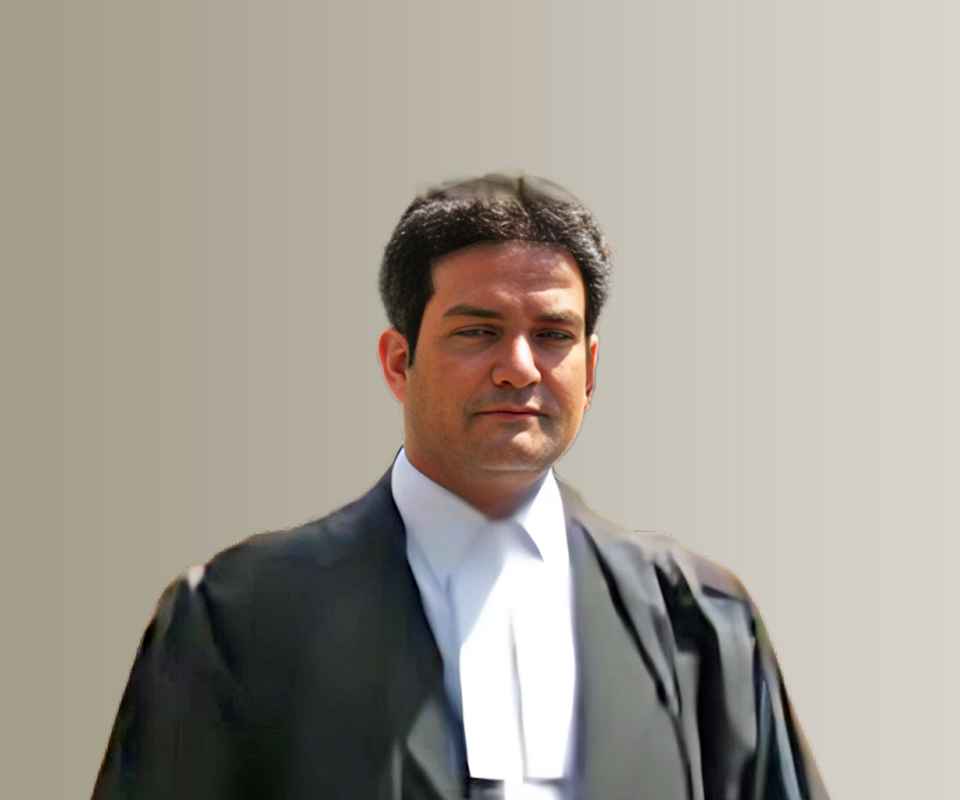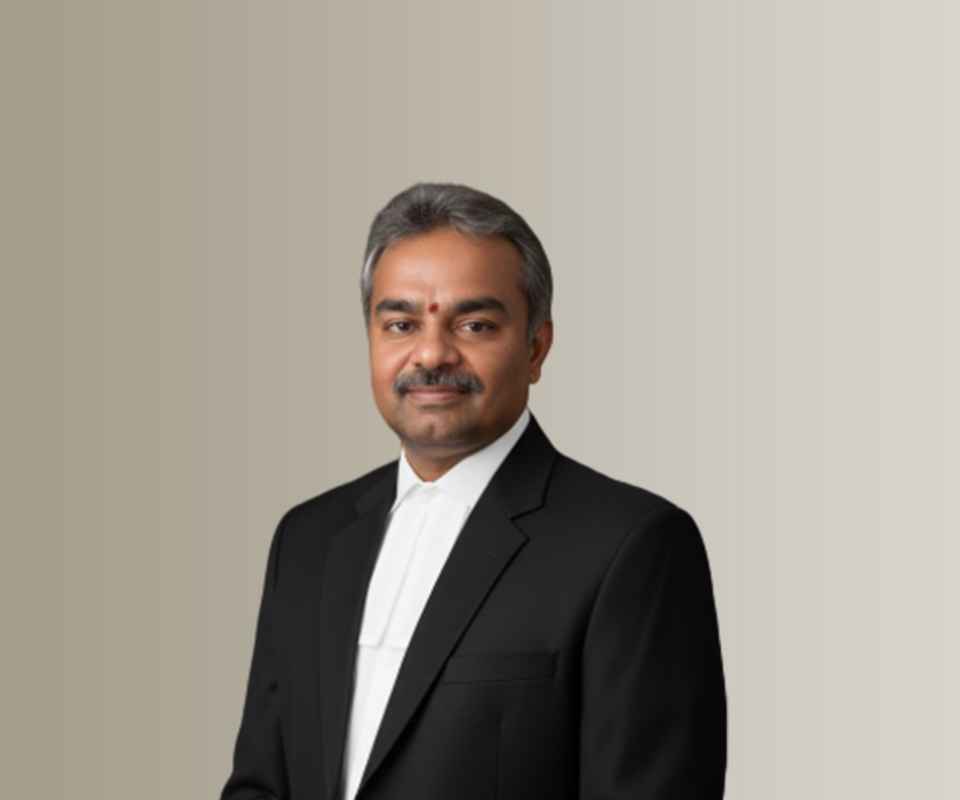Answer By law4u team
Under Indian law, landlords have specific obligations when it comes to providing essential utilities such as water, electricity, and gas to tenants. These utilities are necessary for the basic functioning of a rental property, and the landlord’s responsibility in maintaining and ensuring their supply is crucial for tenant satisfaction and safety.
Landlord’s Responsibility for Providing Essential Utilities
Legal Obligations for Utilities
Provision of Essential Services: Landlords are generally required to ensure the availability of basic utilities, such as water and electricity, for their tenants. These utilities are necessary for daily living and are expected to be provided as part of the rental arrangement.
Indian Rent Control Acts: Various Rent Control Acts and Landlord-Tenant laws across Indian states outline the basic responsibilities of landlords, which may include providing essential services. While water, electricity, and gas are often considered essential, specific obligations can vary based on the lease agreement and local laws.
Water Supply
Continuous and Uninterrupted Supply
The landlord is generally responsible for ensuring a continuous and sufficient water supply to the rental property. This includes maintaining plumbing systems, addressing leaks, and ensuring that there are no interruptions in water service unless due to force majeure circumstances (e.g., municipal water supply disruptions).
Water Bills
While the landlord is responsible for ensuring water supply, the tenant typically bears the cost of water usage, unless otherwise agreed in the lease agreement. The landlord should inform the tenant about how water charges will be handled and who is responsible for paying the water bills.
Electricity Supply
Provision of Electricity
Landlords are responsible for ensuring that the property is connected to a reliable electricity supply. This includes maintaining the wiring and electrical systems to ensure they are in safe working order.
Electricity Bills
In most cases, the tenant is responsible for paying the electricity bill, which should be clearly stated in the lease agreement. The landlord is responsible for ensuring that the electricity supply is available and functional, but the tenant typically pays for consumption.
Gas Supply
Gas Connections
Landlords are required to ensure that the property has a working gas connection, whether for cooking or heating purposes. If the property uses a gas cylinder system, the landlord must ensure that the necessary infrastructure is in place, and gas cylinders are provided.
Responsibility for Gas Bills
Like with water and electricity, the tenant usually pays for the gas consumption unless otherwise agreed upon in the rental agreement. However, the landlord is responsible for ensuring that the gas connection is functional and free from hazards.
Non-Compliance and Tenant Rights
Failure to Provide Utilities
If a landlord fails to provide essential utilities like water, electricity, or gas, the tenant may have the right to withhold rent or seek legal recourse. Tenants can file complaints with local rent tribunals or consumer courts if the landlord does not address these issues.
Legal Recourse for Tenants
If a landlord refuses to repair plumbing or electrical issues or fails to provide water or electricity, tenants can file complaints under the Consumer Protection Act, 2019. Depending on the severity of the situation, tenants may be entitled to compensation for inconvenience, property damage, or health risks caused by the lack of essential utilities.
Responsibilities in Lease Agreements
Specific Clauses on Utilities
Lease agreements should clearly outline the responsibilities of both the landlord and tenant regarding utilities. For example, it should state who is responsible for paying the utility bills and who handles maintenance and repair of the utility systems.
Maintenance of Utilities
The lease agreement should specify that the landlord is responsible for maintaining the utility connections and infrastructure, ensuring that services are uninterrupted, and carrying out necessary repairs. Tenants should be given contact details to report issues related to water, electricity, or gas.
Examples of Utility Provision
Water Supply Issue in Bangalore
If a tenant in Bangalore is living in a property where the water supply is inconsistent due to poor plumbing, the landlord is legally obligated to fix the plumbing and restore water supply.
Electricity Outage in Delhi
If there is a major electrical issue, such as a power outage caused by faulty wiring or a short circuit, and the landlord does not repair it in a reasonable time, the tenant can legally demand repairs or take the issue to a rent tribunal.
Gas Connection in Chennai
A landlord in Chennai is required to ensure that the rental property has a functioning gas connection for cooking. If the gas connection is disconnected due to the landlord's negligence or if there are hazards like leaking pipes, the tenant has the right to ask for immediate repairs.
Common Issues with Utilities
Irregular Supply
If the landlord fails to maintain the utility connections, such as frequent electricity cuts or water supply interruptions due to negligence, tenants may have legal grounds to request a rent reduction or seek compensation for the inconvenience.
Delayed Repairs
If a tenant reports a plumbing issue or an electrical problem, and the landlord delays repairs, the tenant has the right to take legal action if the issue persists and affects their quality of life.







